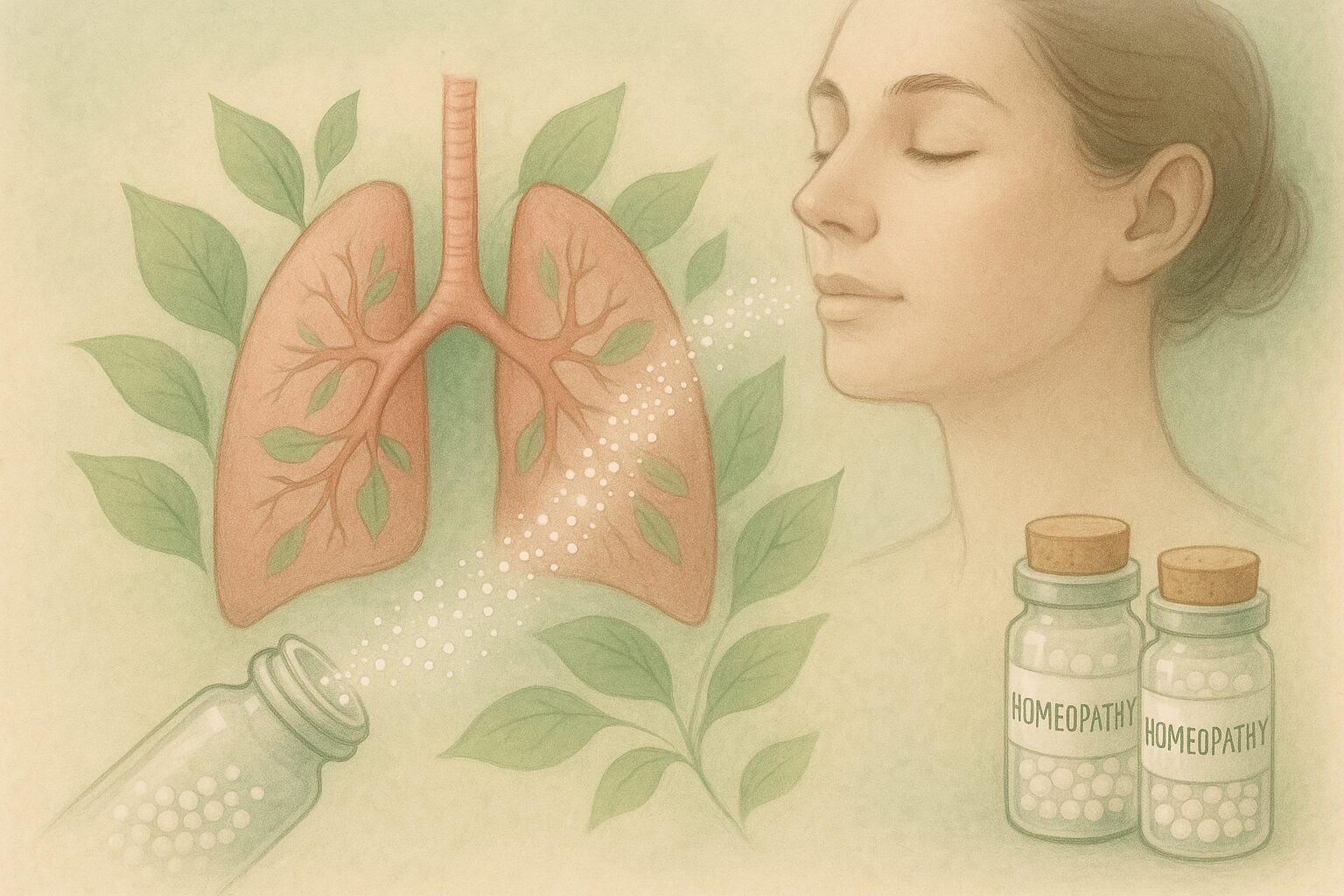This article is from the Tantia University Journal of Homoeopathy and Medical Science (https://tjhms.com) E-ISSN: 2581-8899, P-ISSN: 2581-978X
Abstract
Infertility is the inability of a couple to achieve conception after one year of unprotected coitus. Today almost one in six couples face difficulty in conceiving. Homoeopathy is often effective in curing in- fertility where conventional medicine either fails or is expensive or requires operative procedures and hormonal therapy with their added complication and side effects. By this review article we want to evaluate the efficacy of homoeopathic constitutional similimum in the management of female infertility.
Introduction
The prevalence of female infertility is rising quickly among Indians, which is also indicative of what is happening globally. Nearly one in six couples today has trouble getting pregnant (ref). After one year of unprotected coitus, infertility is the failure of a couple to conceive. Ovulatory dysfunction accounts for between 36 and 44% of infertility in womenii. One of the most common diseases affecting women during their fertile years is endometriosis. In addition to surgical and medical procedures, hormonal therapies, etc.
Homeopathy is a holistic form of medicine that treats the whole person in order to treat disease. They can correct hormonal system misalignments and return them to normal. The straightforward homeopathic process efficiently and efficiently omits the laborious steps that come after the standard infertility treatments.
To be more precise, a complete hormonal balance significantly raises the likelihood of conception without the negative side effects of drugs, devices, or invasive procedures. Infertility is described as the inability to conceive despite engaging in routine unprotected sex for a year or longer.
Types:
Infertility comes in primary or secondary forms. Secondary infertility happens when at least one prior pregnancy has been achieved, whereas primary infertility happens when a person has never had a pregnancy.
ETIOLOGY
Ovulatory Dysfunction: Primary hypothalamic-pituitary dysfunction (caused by stress, Sheehan’s syndrome, pituitary adenoma, or other pituitary tumors, among other things), intense exercise, eating disorders, and other factors. Polycystic ovary syndrome, hyperthyroidism or hypothyroidism, hyperprolactinemia, hormone-producing tumors of the ovary or adrenal glands, Cushing’s disease, congenital adrenal hyperplasia, and hormonal imbalances brought on by autoimmune, genetic, surgical, idiopathic, drug, or radiation-related conditions.
Fallopian tube anomalies: Proximal tubal blockage is brought on by mucus plugs, amorphous debris, or uterotubal ostium spasm. Distal tubal obstruction causes hydrosalpinxes, which in turn prevents sperm from migrating and causes tubal contents to flow backward into the endometrial cavity, creating an unfavourable environment for embryo implantation.
Pelvic Adhesions: Pathogens like Chlamydial or Gonorrhoea, Endometriosis, Pelvic Tuberculosis, etc. cause this inflammatory disease in the pelvis. Uterine fibroids include intramural, submucosal, subserosa, and pedunculated fibroids. Causes of uterine anomalies include Mullerian aplasia, septate uterus, endometrial polyps, and synechiae from previous pregnancy-related curettage.
Endometriosis disrupts and impairs oocyte release, alters sperm motility, causes disordered myometrial contractions, and hinders fertilization and embryo development through pelvic adhesions.
Turner’s syndrome, Down syndrome, Spinal Muscular Dystrophy, Canavan Disease, and Kallmann Syndrome are examples of genetic factors.
Symptoms
The couple’s inability to conceive is the main sign of infertility. A menstrual cycle that is excessively long (35 days or more), excessively short (less than 21 days), irregular, or non-existent may be a sign that ovulation has not occurred, which is a factor in female infertility. There might be no additional visible symptoms or signs.
Due to her inability to conceive, a woman dealing with infertility may experience emotional changes and depression. There is a significant psychological impact of infertility. Being infertile carries a stigma in many cultures. The individual dealing with this problem begins to feel excluded from her group, which further contributes to depression, anxiety, and stress.
Investigations
- To rule out pelvic pathology using ultrasound.
- Hysterosalpingography: to determine the fallopian tube’s patency.
- To examine the uterus and the tube for any pathology, a laparoscopy is performed
Repertorial Approach
- Kent repertory
- STERILITY: copious menstrual flow, from:
- Repertory of Hering guiding symptoms of our Materia Medica
- STERILITY:
- too early and too profuse menses
- with late or profuse menses
- no menses or sexual desire
- too profuse menses
- with tendency to miscarry
- caused by discharge of mucus
- from vagina after an embrace,
- from atony of ovaries,
- from excessive sexual indulgence,
- from uterine atony
- Boenninghausen characteristics Materia Medica and repertory
- Barrenness, sterility
- Perfect repertory of mind
- SADNESS, sterility, from:
- A Concise Repertory of Homoeopathic Medicine by Dr.S R Phatak
- STERILITY
- Acid vaginal secretion, from
- Atrophy of mammae and ovary, from:
- Excessive sexual desire, from :
- Menses, copious, from
- Non retention of semen, from :
- Ovarian atony, from:
- Sycotic:
- Weakness, from :
- The Concordance Repertory of Materia Medica – William D Gentry
- Sterility.-
- Menses too early and too profuse.
- with premature and profuse menses; weak feeling in genitals.
- from uterine atony
- depression of spirits
- with leucorrhoea
- caused by sexual excesses
- from uterine catarrh
- absence of desire
- from atony of ovaries.
- with chronic ovaritis; soreness and great sensitiveness
- with menses suppressed
- with too scanty menses
- with retarded menses
- Discharge of mucus after coition causing
- Sterility (see section on Uterus).-
- on account of profuse leucorrhoea
- Dysmenorrhea with
- Menses too profuse, with
Homeopathic Therapeutics
- ACID PHOS- Acid Phos is a fantastic treatment for primary sterility brought on by incapacitating conditions like diabetes and tuberculosis. Menstruation is too early, excessive, and irregular. The PH of vaginal secretion changes to an acidic form, which causes sperm deposited there to quickly perish. Disinterested and despondent.
- AGNUS CASTUS- Agnus castus is a potent treatment for infertility in women who have diminished sex drives. When there is a sex aversion, Agnus Castus is used. It’s possible that this is caused by excessive masturbation. Additionally relaxed, there are clear vaginal discharges.
- ALETRIS FARINOSA Q- The main symptoms of Aletris Farinosa are early and heavy periods coupled with infertility. Menorrhagia can also be accompanied by leucorrhoea, anemia, weakness, and persistent exhaustion. Additionally, Aletris Farinosa is prescribed when a person has a propensity for frequent abortions and promotes conception.
- AROMA RADIX- When an irregular menstrual disorder occurs, a good treatment for female infertility. Dysmenorrhea. The menstrual flow can be light or heavy. Give 5 drops in water three times per day starting on the first day of menstruation for seven days. If sexual activity is performed after the menses have stopped, it will correct menstrual irregularity.
- BORAX- One of the most effective homoeopathic treatments for female infertility brought on by acid vaginal



